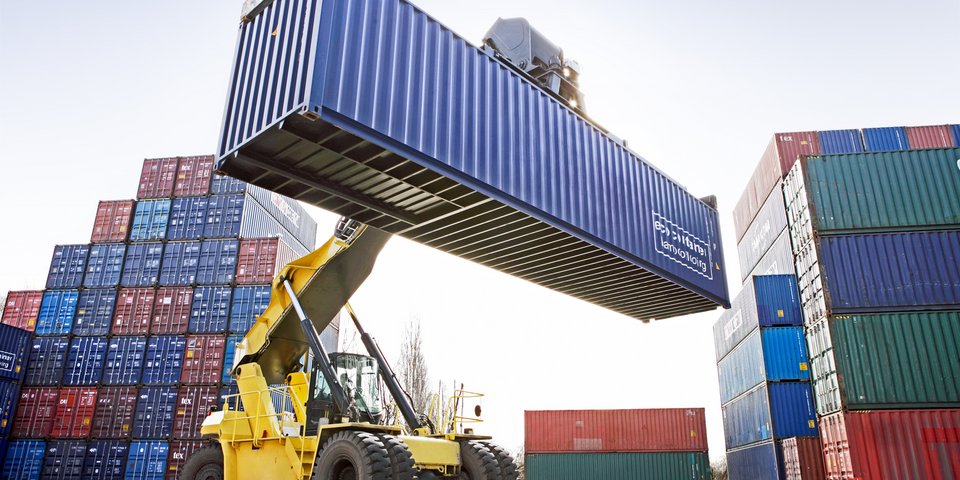 thomaslerchphoto - Fotolia
thomaslerchphoto - FotoliaEuropean Parliament approves FTA with Singapore
The EU Commission and proponents of the agreement say it is win-win scenario and historic moment.
GD – 03/2019
The
Free Trade Agreement (FTA) between the EU and Singapore has been given the
green light by the European Parliament. The agreement has received some
criticism, in particular from the European Greens, due to its lack of social
standards which were drafted in a rather conspicuously ‘soft’ manner and because
of certain fiscal backdoors.
Proponents
have constantly referred to the enormous economic power of the Asian trading
metropolis, which is home to more than 10,000 companies, and to the signal it
sends as a way of opening up to pro-competition in times when other countries,
such as the USA in its relations with Asia, are closing their doors. As
reported in the Handelsblatt newspaper,
the Dutch Analyst Centre for Research on Multinational Corporations (SOMO) has
identified that some interesting loopholes for major investors can be found in
the extensive small print of the agreement.
Specifically,
this is about Article 1 of the EU-Singapore Investment Protection Agreement. In
addition to trade in goods and services, the agreement also liberalises reciprocal
capital flows. This applies to all types of bonds, debentures and loans,
including trading in government bonds.
According
to observers, should a Member State in the euro area get into serious
refinancing problems and require dramatic debt relief, as was the case in
spring 2012 when Greece needed around €100 billion and Greek bonds were cut by
more than a half, investors from Singapore would be far better off than other
investors.
In
principle, according to the agreement, government debt restructuring must be
accepted by investors, but in the case of Singapore at least 75 percent of the
creditors resident there must agree to debt relief. In the standard regulations
for the euro area, only a 66.6 percent majority of creditors is required to
approve a restructuring of debt.
As
a result, investors from Singapore would not have to accept this debt relief.
In case of a dispute, they could even sue for damages before an international court
of arbitration. Large investors in particular are likely to take advantage of
this, especially as the problems of the past have not completely disappeared in
many countries given the continuing increase in euro area liabilities. On the
contrary, despite economic growth, there has been no substantial improvement in
over-indebtedness in many countries.
The
FTA must still be ratified by the parliaments of each Member State.
